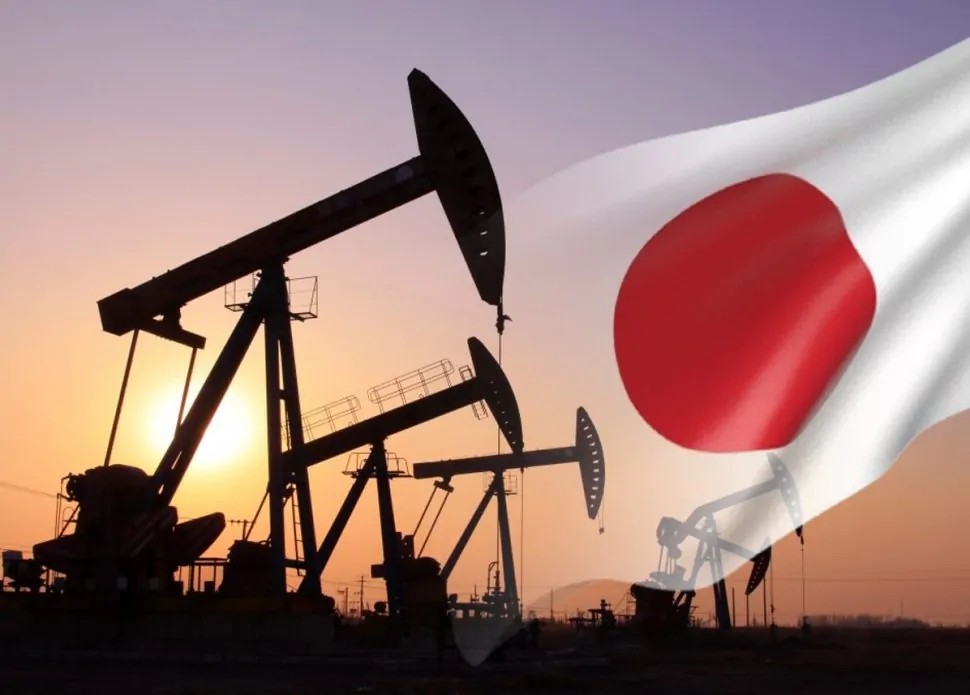Japan's oil refiners are not yet seeing any immediate impact from rising tensions in the Middle East on their crude purchases but will tap the country's emergency reserves to ensure stable oil supplies, the head of the Petroleum Association of Japan said.
We don't think there are any obstacles to Japan buying crude oil at the moment, he said at a news conference on Wednesday when asked about the impact of Iran's counterattack on Israel earlier in the week.
Keto acknowledged that if the conflict escalated to a wider impact on the Middle East, it would pose a serious problem.
He added that in the event of any disruption in crude oil supplies, it is important to prepare through flexible use of oil reserves to ensure that supplies are not interrupted, noting that the public and private sectors in Japan combined have oil reserves sufficient for 240 days.
Japan is heavily dependent on crude oil from the Middle East, importing more than 95 percent of its oil needs from the region.
Kito, who is also the president of Idemitsu Kosan Co., Japan's second-largest oil refiner, said the company was looking into the possibility of replacing some supplies from the Middle East with other sources.
As alternative sources, we are considering bringing crude from West Africa and North America, if it can be transported and processed smoothly in our refineries, he said.
But he noted that most Japanese refineries (TADAWUL:2030) are designed to process crude oil from the Middle East and it will not be easy to switch to new supplies because they may not fit the nature of their facilities.







































